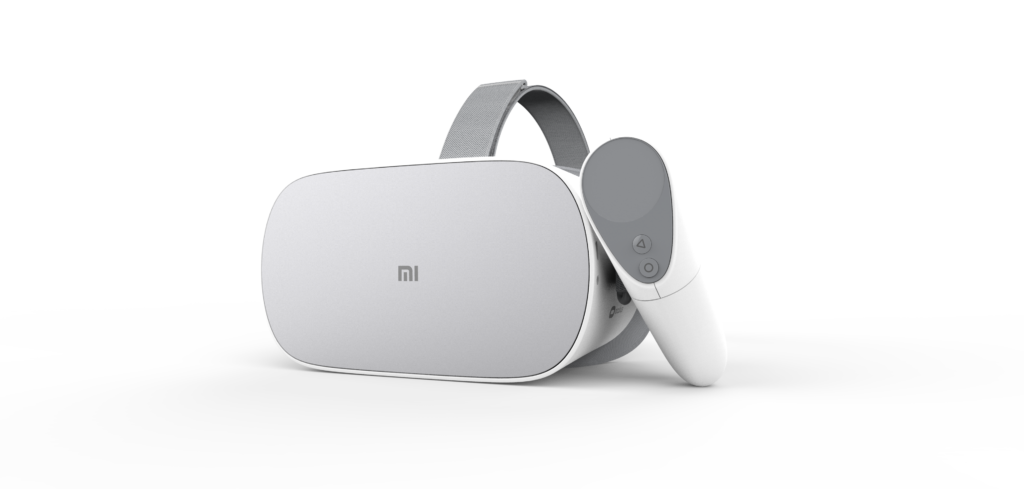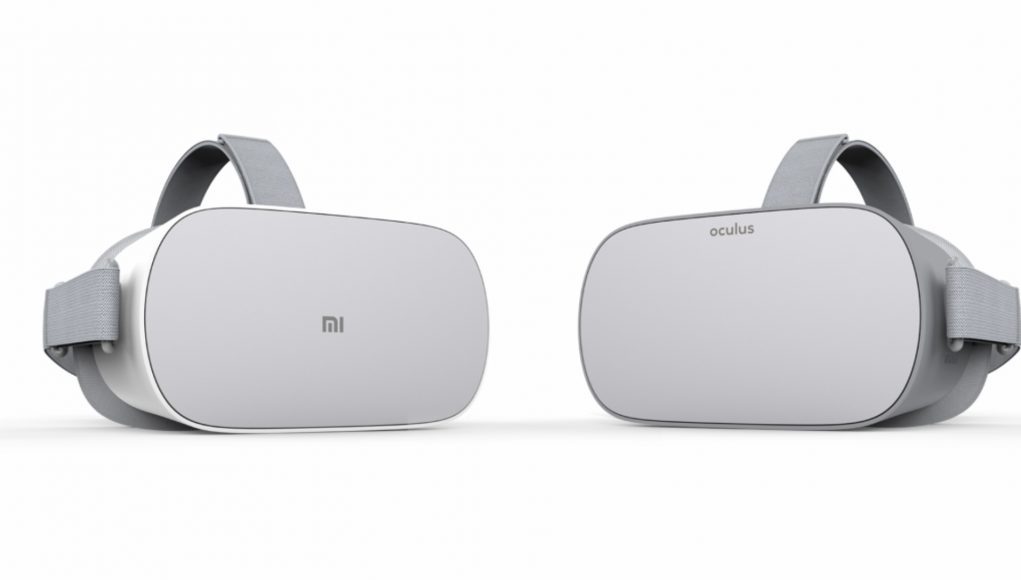Xiaomi, the Chinese electronics giant, officially announced that they’ve partnered with Oculus to not only manufacture Oculus Go, the company’s upcoming $200 standalone VR headset, but also produce a China-only standalone VR headset called Xiaomi Mi VR Standalone. Xiaomi’s headset is said to incorporate everything Oculus Go does hardware-wise, albeit with Xiaomi branding and its own Mi VR content store.
According to Xiaomi’s official announcement, the Mi VR Standalone will be available exclusively in China, while Oculus Go will be available in the rest of the world. Oculus has yet to officially offer Rift in China, while Xiaomi, the world’s fifth-largest smartphone manufacturer, has relatively low market penetration in the West.
Since they’re ostensibly the same hardware platforms (besides Mi VR’s white housing), both headsets include 2K resolution fast-switch LCD screen, Qualcomm Snapdragon 821 mobile processors, Oculus-developed integrated spatial audio, and what Oculus calls “next-generation” lenses.

Tang Mu, VP of Mi Ecosystem and head of Mi Lab, said: “We are excited to work with Oculus on these standalone devices that exceed expectations in terms of performance at a very attractive price. Xiaomi has always relentlessly pursued the best user experience and price-to-performance ratio. For the best experience, we consider every minute detail. Through our collaboration with Oculus, we have integrated world-class technologies and craftsmanship to produce a VR standalone that lets people immerse themselves in another world without being connected to smartphones or computers.”
“The standalone VR form factor represents the next significant phase of VR hardware development at Oculus,” said Hugo Barra, VP of VR at Facebook. “Through our partnership with Xiaomi, both Oculus Go and Mi VR Standalone represent our first step in delivering that sweet spot between mobile and PC VR. These devices will be, hands down, the easiest way to get into VR.”
Barra, a previous Google VP of Android, came to Facebook from his last position as Xiaomi’s Global VP—sort of making it a Game of Thrones-style marriage of brands that seems to have bore a viable offspring of its own.
Oculus Go still doesn’t have a street date, although what appears to be the headset’s controller has already passed FCC testing, possibly pointing to a release just around the corner.







